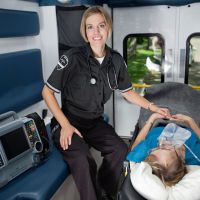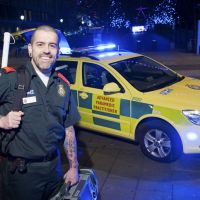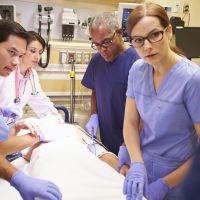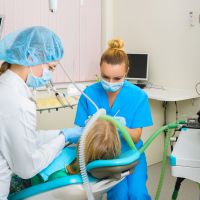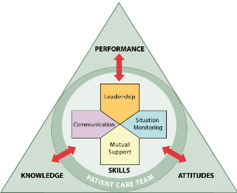Advanced Paramedic Refresher
The CAPCE accredited, 30 hour and 60 hour Paramedic Refresher Course Certificate is designed to accomplish the NREMT Paramedic National Continued Competency Program (NCCP) completion and update the Advanced Provider with the newest research and techniques being applied in the global...

